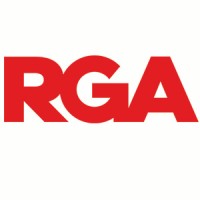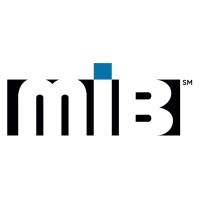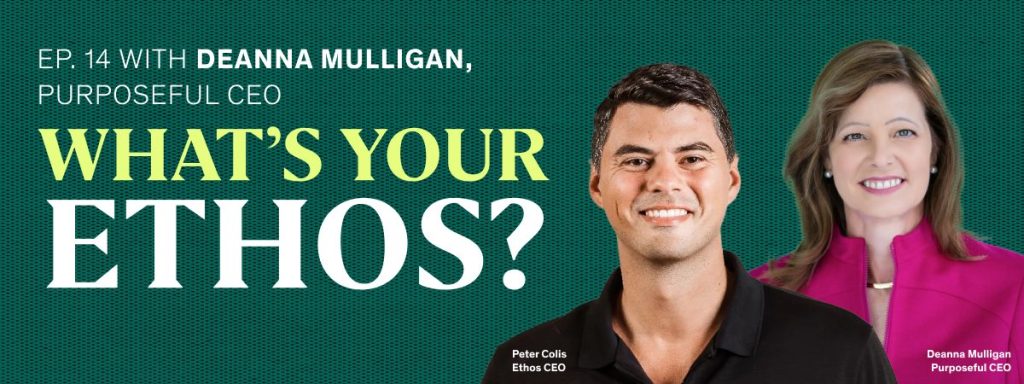Aging benefits
We live in the age of instant gratification where we can binge-watch our favorite shows, fast-forward through commercials, and order ahead to skip the line at Starbucks. In a 2018 survey by cloud database company DataStax, nearly 7 in 10 (69%) adults internationally (from the US, UK, Germany, and France) will spend more money to reduce their wait times for services they care about. US adults are by far the most willing to pay a premium: on average 29% more than the asking price. They are followed by the UK at 23%, France at 18%, and Germany, the least willing to fork over additional money, at 15%.
Aside from the personal side, it seems that instant gratification is a powerful force in today’s business landscape. Startups are in a race to achieve Unicorn status, often focusing on fast growth, even at the expense of profitability. In response, traditional brands have been investing in new products, technologies and startups at a fast pace to seem more relevant to the modern consumer. However, while startups are racing and forcing established brands to play catch-up, there is one industry that has a major divide between traditional and modern – the whiskey industry.
In the past 10 years, a new wave of craft distillers (AKA startups) have entered the space while breaking old rules and applying techniques that have never been attempted before. With taglines like ‘respect tradition, embrace progress,’ craft brands are writing their own stories. But there is one crucial element that’s not on their side – time. Undoubtedly, time is the most important ingredient in great whiskey. Bill Samuels Sr. waited six years between the launch of Maker’s Mark in 1953 and the sale of his first batch of spirits. “Every time you lay down a barrel of whiskey, you’re pretty much writing a check and just putting it on the shelf for four to six years,” says cofounder of SPEAKeasy Spirits Jenny Pennington. But in the world of craft whiskey, a growing number of distillers aren’t willing to wait that long. They are using new techniques to release whiskey early or source whiskey from other distillers while giving it their own touch. “You have two choices,” says Lisa Roper Wicker, the master distiller and president of Widow Jane, a Brooklyn distillery which will celebrate its 7th anniversary next month. “You can either release white spirits because you’ve got to have cash flow or you can get picked on for releasing whiskey too early. There’s a little thing called payroll.” However, if you ask the more traditional folks in the business, time is indispensable and you simply cannot cheat time.
If there’s a category that requires a significant time investment similar to whiskey it would be health and wellness. In recent years, health and wellness startups have been launching their own products and partnering with insurers to help policyholders lead a healthy lifestyle. And while some startups promise immediate engagement with the product and insurer, the benefit of having people lead healthier lifestyles may take many years to show its true value. “The cost comes today and the benefits come tomorrow,” says Andrew Reynolds the CEO (International) of roadtohealth, who’s been in the health and wellness industry since 2004. Andy originally founded Revitalised, a digital engagement platform built around wellness, which was offered as a white label for employers such as Unilever, Vodafone and Royal Mail. In 2017, the UK company was acquired by US-based MAXIMUS, a provider of health and human services worldwide with over 30,000 employees. After staying with the company for a while following the acquisition, Andy decided it was time for a new adventure and joined roadtohealth, the company behind Quealth, which has the backing of RGAX.
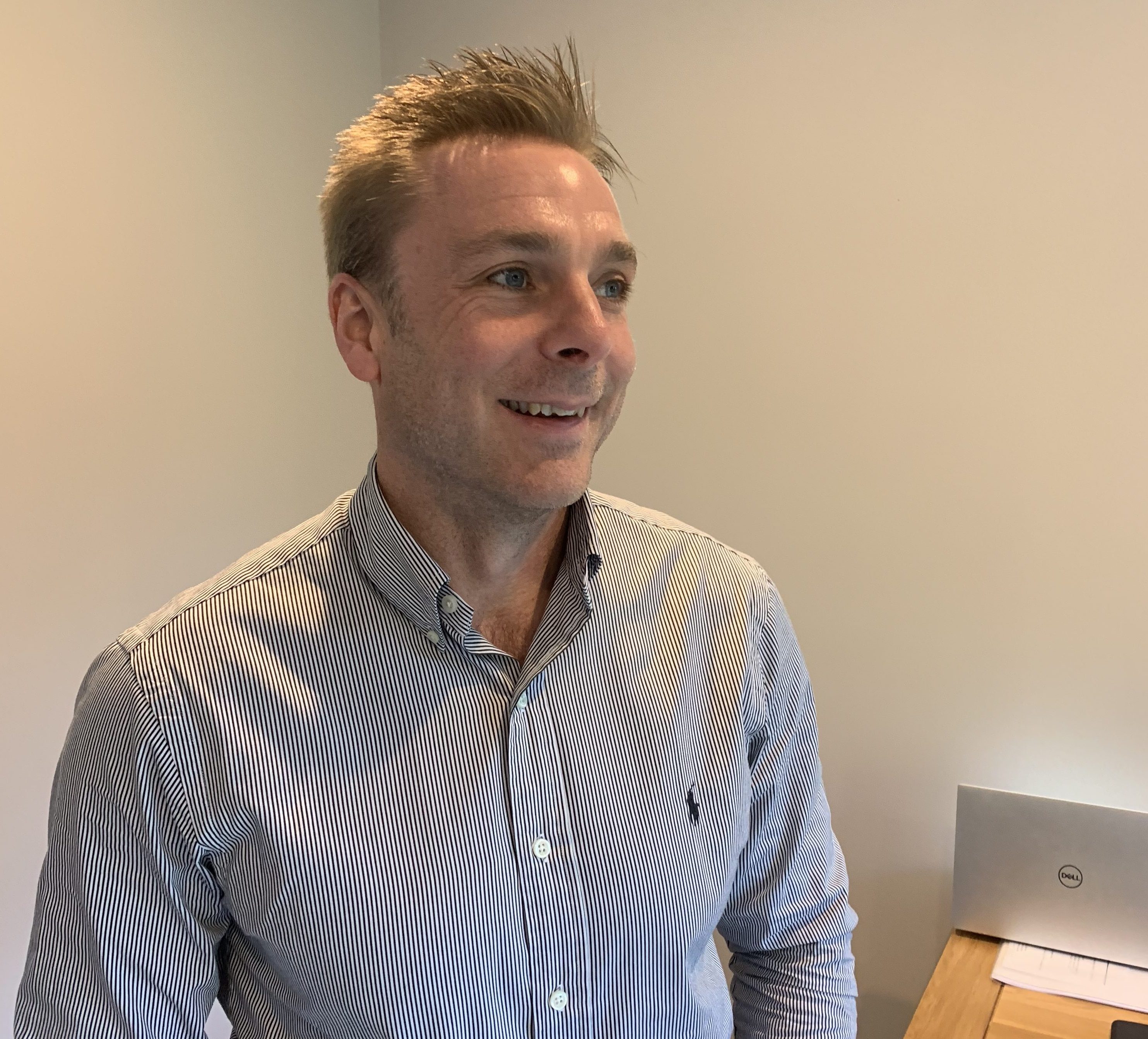
Based in UK, Quealth is a digital health improvement program that combines more than 20 years’ worth of academic science and commercial experience with the latest technologies to help individuals accurately assess their health, coaching them as they make improvements in healthy behaviors and rewarding their successes. Using the Quealth Score – a widely recognized predictor of health risk – Quealth focuses on the prevention of non-communicable diseases (NCDs) such as diabetes, cancer, cardiovascular disease, dementia and chronic obstructive pulmonary disease, which accounted for 40 million deaths last year, with 24 million of those death believed to have been preventable through lifestyle changes.
“roadtohealth has achieved world-leading levels of clinical validation,” Reynolds recalls, citing his initial observation before joining the company. “They’ve worked with academic partners and they spent years getting to a point where small changes in an individual’s Quealth Score can be translated into a meaningful interpretation of the risk of suffering from one of those five NCDs.”
Now, the B2B company targeting insurers and employers is launching a new digital platform for delivering the academic research and clinical data, along with the health assessment, behavioral science, coaching, and content, in an engaging way. But unlike the traditional ‘walk 10,000 steps a day to earn rewards’ model, Quealth is emphasizing life to reinforce positive lifestyle habits. “Instead of saying, ‘Well done, you’ve done a bit more activity and you scored 100 points,’ we’re able to say, ‘The change in your level activity – if sustained – would equate to an additional 30 healthy days of life,'” says Andy on the company’s new feature – Healthy Days – set to launch next month. Through Healthy Days, Quealth is looking to offer the best of both worlds by combining gamification and clinically validated data.
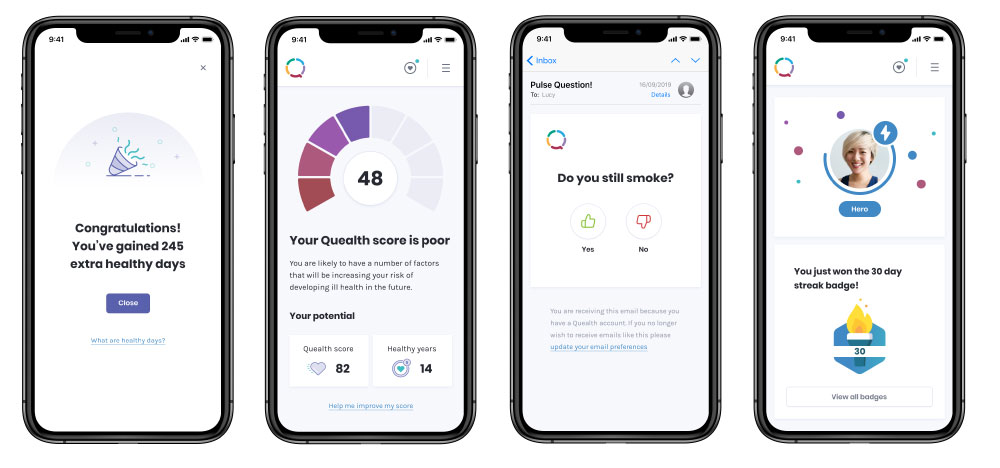
One of the drivers behind Andy’s decision to join roadtohealth was the change he identified amongst insurance companies. “In the last couple of years, it’s gone from lip service to genuine motivation to change,” he points out in regards to insurers’ willingness to innovate. And while the process is still slow and challenging, Andy is betting on the company’s off-the-shelf, sophisticated, and highly configurable platform to remove a lot of the obstacles insurers face. The value of the product, he believes, goes beyond a marketing strategy as insurers will be able to use the platform to reduce claims and even improve underwriting.
“The idea of starting a distillery requires a good amount of forethought, a strong stomach for the unexpected, and an intense amount of devotion,” notes the Pennington Distilling Co. While aging whiskey and helping individuals lead healthier lifestyles are two different things, they both require time to deliver the benefits. And judging by whiskey, some things are worth the wait.
Get Coverager to your inbox
A really good email covering top news.